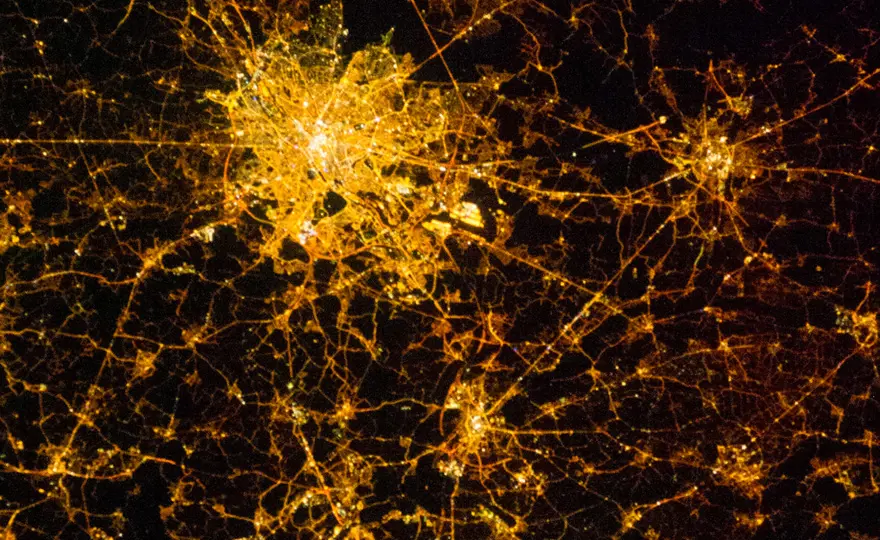ClientEarth Communications
25th November 2016


The Energy Union is an EU strategy which seeks to ensure that in the long term, Europe has secure, affordable and climate-friendly energy.
The Energy Union strategy is made up of five themes; energy security, energy efficiency, decarbonisation of the economy, innovation and a fully integrated energy market.
The core of the Energy Union is to put citizens at the centre; so they can take ownership of the energy transition, benefit from new technologies to reduce their bills and participate actively in the market.
The Energy Union is also a way for the EU to meet its energy and climate policy for 2030, which aims to achieve 2030 targets for renewables, energy efficiency and greenhouse gas emissions reductions.
One of the core objectives of the EU Energy Union is a fully integrated internal energy market. This aims to enable a free flow of energy throughout the EU without any technical or regulatory barriers, securing supply and giving the consumer the best energy deal.
The market design initiative is a crucial first step in breaking away from an old, centralised energy system based on fossil fuels and big utility companies.
This change is necessary because the energy system of tomorrow needs to be zero-carbon, decentralised, and will rely on new and smaller players, including energy consumers who also produce energy themselves using renewables. These producer-consumers are sometimes called prosumers.
Better market design can deliver on multiple EU goals: consumer empowerment, innovation, saving energy, becoming a world leader in renewables, and ultimately, moving towards implementing the Paris Agreement.
Europe needs decentralised, more competitive and better connected energy markets to integrate new energy technologies that are needed to drive decarbonisation.
To do this, a transparent evolution of EU energy markets is required.
Starting with the 2030 energy and climate objectives, the EU needs:
To find out what ClientEarth and other campaigners think needs to be included in the Energy Market Design, read our open letter to the Energy Union Commissioners.